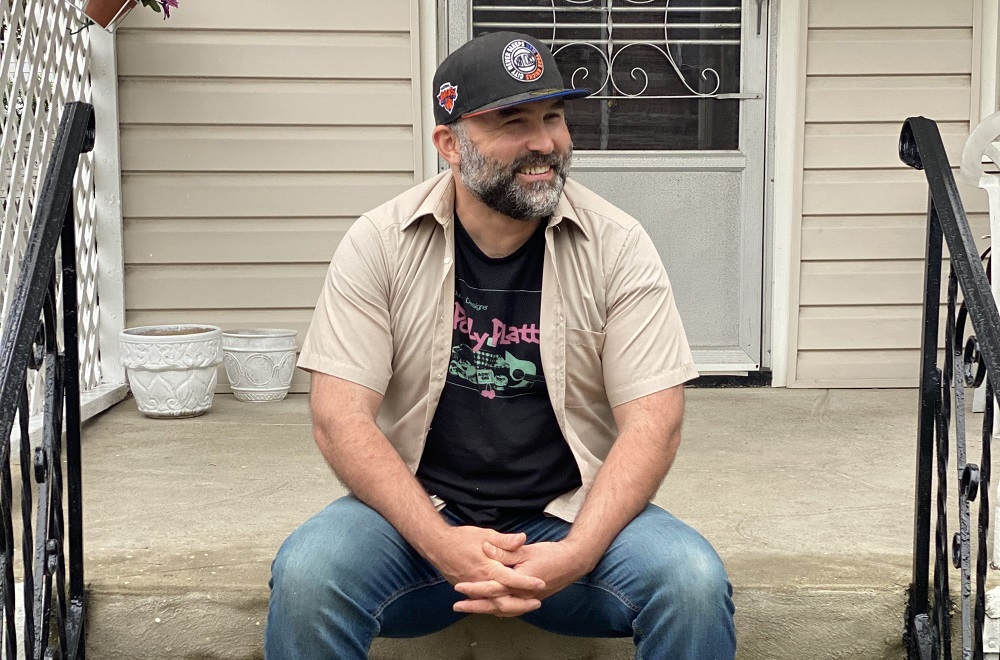- Feb 5, 2002
- 166,444
- 56,155
- Country
- United States
- Faith
- Catholic
- Marital Status
- Married
- Politics
- US-Others

Catholic writer William Boyle, author of "Shoot the Moonlight Out," is pictured in an undated photo. (CNS photo/courtesy Katie Farrell)
Images of backyard shrines to the Blessed Virgin adorn the pages of many Catholic novelists. They are a place-setting device authors use to plant familiar images in the mind of the reader.
But for William Boyle, a Brooklyn-bred author of emerging repute, the statues are used as a motif to illustrate the setting, mood and general “Brooklyn-ness” of his four published novels.
A product of the Bensonhurst district of Brooklyn, Boyle is a “literary crime novelist” who is to Brooklyn what Bruce Springsteen is to the New York/New Jersey vibe. Both artists, raised in the Catholic faith, focus on themes of despair, longing and quiet suffering in their fiction/music.
Continued below.
Brooklyn 'state of mind' infuses writer's urban fiction - Catholic News Service
